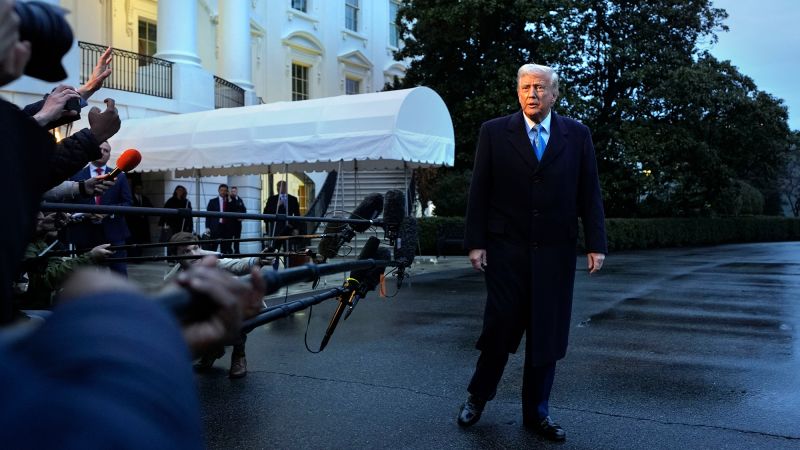
Small news outlets focused on federal staffers are landing big scoops, and traffic is surging
CNN
As President Trump and Elon Musk remake the federal government through firings, orders and brute force, small news publishers that specialize in the federal workforce are landing big scoops and seeing equally big traffic gains.
As President Trump and Elon Musk remake the federal government through firings, orders and brute force, small news publishers that specialize in the federal workforce are landing big scoops and seeing equally big traffic gains. The Federal News Network — which markets itself as a nonpartisan destination for federal managers — has seen traffic five to six times greater than a normal week in 2024, deputy editor Jared Serbu told CNN. “We know people are interested, and they’re coming back time and again, asking for more information — which changes our approach a little bit,” executive editor Jason Miller added. The same is true at Government Executive, one of five publications for federal employees and contractors owned by GovExec. Others include NextGov/FCW, Defense One, Washington Technology, and Route Fifty. While bigger, more public-facing news outlets in Washington focus on covering the White House, Congress, and Supreme Court, these trade-oriented outlets pay attention to the daily changes at agencies and how employees are affected. And that means they’re uniquely well-sourced for this stressful moment. Since November, Government Executive — comprised of three reporters and two editors — has seen “a phenomenal increase in traffic,” executive editor Tanya Ballard Brown said.

President Donald Trump’s tariff policies are slowing economic growth in the United States and around the world while sending prices higher again, creating a toxic stew for the global economy that could grow even worse if tensions escalate, the Organisation for Economic Co-operation and Development said Monday.












